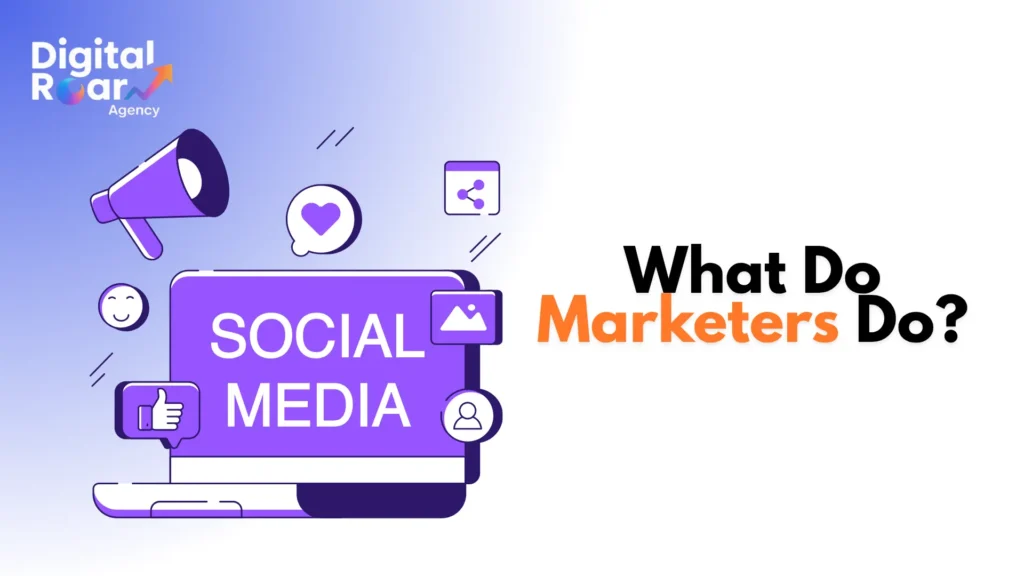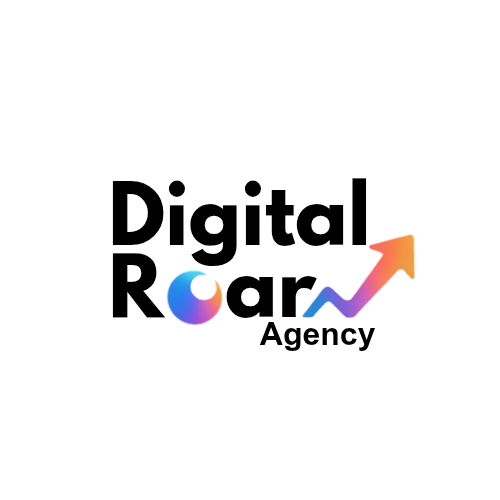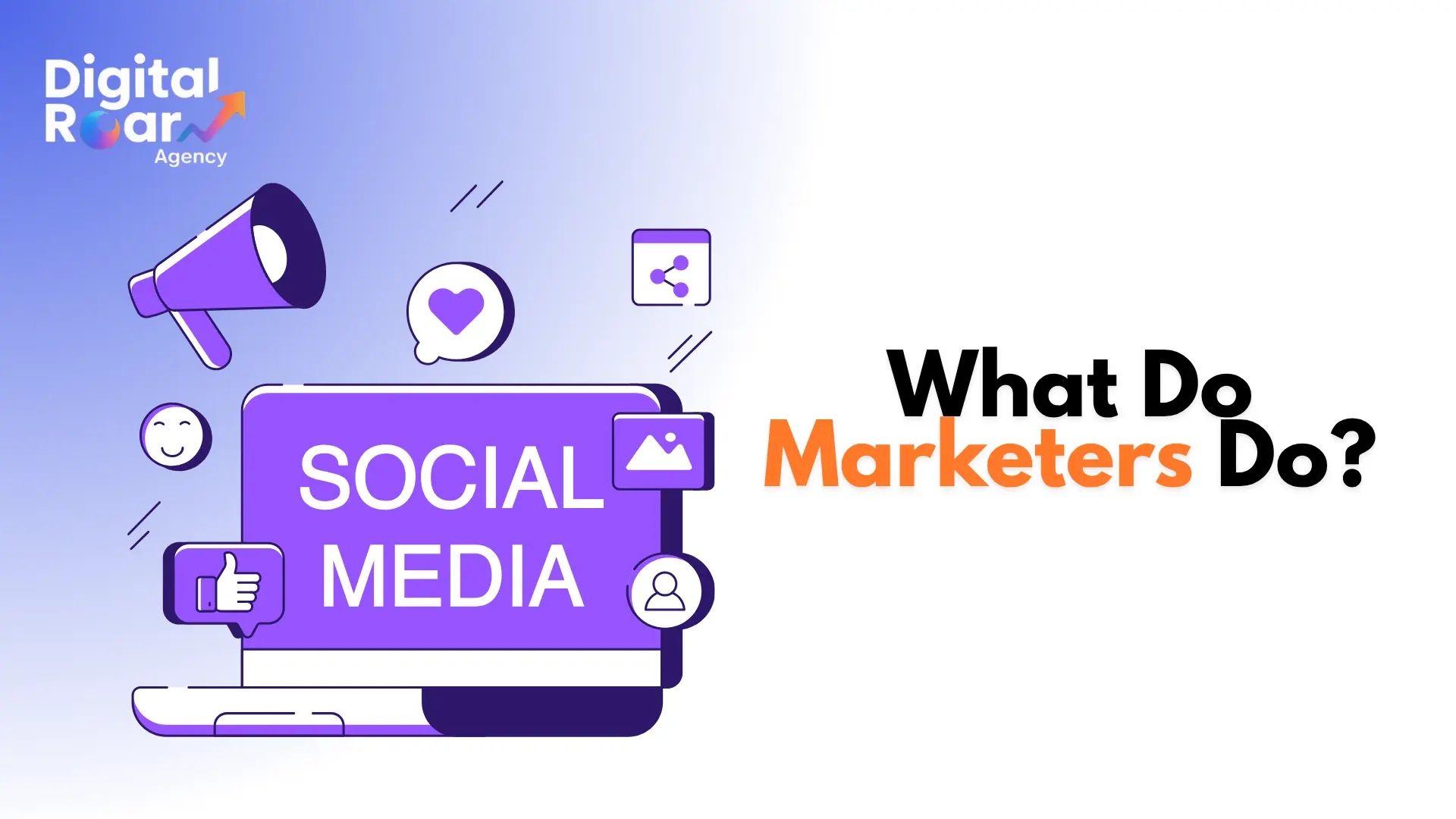What do marketers do on a daily basis? It is a frequently asked question by many users. Marketing is now one of the most changing and requested spheres of contemporary business. It is not as simple as promoting products.
The role of the marketers is to know the needs of the customers, devise ways of satisfying these customers, and come up with campaigns that will reinforce the business.
This article will explore the world of marketing in depth. You will get to know the daily duties of a marketer, what digital marketers do, what a marketing manager does, and even what you can do with a marketing degree.
Whether you are pursuing a career in marketing or you are simply intrigued in the profession, this guide will offer you the clarity you seek.
Table of Contents
What is Marketing?
Marketing is essentially about connecting solutions to people. It assists a business in recognizing its followers and comprehending the requirements of the customers, in creating a message that appeals and communicating it through appropriate channels and at the appropriate moment.
Marketing will create awareness, trust and loyalty in the long run, unlike sales, which is focused on making deals closed. It covers various dimensions including brand positioning, storytelling, analytics, and customer experience.
The modern day marketer also has to keep up with the speed at which consumer behaviour and technology are changing, which makes him or her a creative and analytical practitioner.
What Do Marketers Do?
Strategy and Planning
Marketers develop plans that establish brand positioning, target groups and define measurable objectives. They also plan resources and fit marketing strategies to overall business goals.
Campaign Development and Creative Work
The other major task is campaign development. This encompasses message design, creation of creative assets and consistency of the brand across content. Marketers tend to work with writers, designers, and videographers to make campaigns alive.
Market Research and Insights
Marketing depends on research. The marketers research, conduct surveys, study competition and use data to improve strategies. This study enables them to adjust the campaigns to evolving market demands.
Analytics and Optimization
Analytics such as Google Analytics or HubSpot are important to marketers. They monitor performance measures including ROI and conversion rates, conduct A/B tests, and optimize campaigns in order to obtain improved results.
Collaboration and Management
Marketing is not often an individual activity. Sales, product, and customer service teams operate as professionals deal with vendors and external agencies. They also manage project schedules, approvals and budgets in order to ensure that all is on the right track.
A Day in the Life of a Marketer
Entry-Level Roles
A junior marketer or coordinator might be spending his/her day writing social media posts, scheduling posts, helping with reports, or researching trends. They are concerned with action and how to do things.
Specialist Roles
Experts specialize in particular fields. As an example, an SEO professional investigates keywords, optimizes the content, and a paid ad specialist is monitoring campaigns, changing targeting, and monitoring ROI.
A content marketer writes blog posts and articles; a social media manager interacts with the followers and develops brand presence.
What Does a Marketing Manager Do?
The marketing manager works at a higher level. They are team leaders, budget managers, and strategic goal setters.
They are expected to approve creative ideas, align campaigns to the goals of the company, and report to the top management.
Marketing managers focus on the transition between the strategy and implementation, which is why they are crucial in any organization.

What Do Digital Marketers Do?
One of the most demanded spheres of the field is now digital marketing.
SEO and Content Marketing
Digital marketers develop and optimize content that appears in the search engines. This includes searching on keywords, writing blogs and keeping websites relevant.
Paid Advertising
They also conduct advertising in Google, Facebook, and LinkedIn. Their task is to create ad copy, budgets and optimize conversion rates.
Social Media Marketing
Digital marketers have brand accounts on networks such as Instagram, Tik Tok, and LinkedIn. They produce captivating posts, communicate, and conduct targeted advertisement campaigns.
Email Marketing and Automation
Email is also a strong medium. Marketers create newsletters, create automated sequences and segment audiences to customize campaigns.
Analytics and Conversion Optimization
Lastly, digital marketers track user journeys, KPIs, and optimize landing pages. They are aimed at enhancing conversions and providing quantifiable growth.
Types of Marketers
Marketers will be working in various environments. The agency marketers work with multiple clients and high-speed campaigns, whereas the in-house marketers work on the long-term strategy of a single company. Freelancers and consultants offer flexibility, and usually have specialization.
Specializations are also numerous: brand marketing, product marketing, content strategy, growth marketing, and marketing operations. All roles play a unique role in business success.
Skills and Tools Every Marketer Needs
Soft Skills
Effective marketers are dependent on effective communication, creativity, analytical thinking, and teamwork. The skills assist them to engage audiences and work well in teams.
Hard Skills
Technical expertise is also essential. Campaigns are implemented by marketers with the help of SEO software, analytics platforms, advertising tools, and customer relationship management systems. Their toolkit also includes content management systems and testing tools.
What Do You Know About Digital Marketing?
All marketers must possess an initial knowledge of digital marketing – SEO, content production, analytics, and advertisement. It is an essential knowledge to anyone joining the profession.
What Can You Do with a Marketing Degree?
The possibilities of a marketing degree are endless. Graduates may become social media experts, SEO specialists, content creators, analysts or brand managers. In the long run, they can advance to holding leadership positions, including marketing director or CMO.
The degree also allows flexibility to work in any industry, in startups, agencies, or in large corporations. Graduates can become highly marketable by including certifications, internships, and personal projects.
Career Progression and Salaries
The careers in marketing usually have a structured course. At the entry level, the first positions are coordinators or assistants. Mid-level positions are specialists and strategists, who run particular channels.
The managers have senior marketers who handle managerial roles, the leadership positions involve directors, VPs, and CMOs. Wages depend on experience and industry, but the prospects of promotions are high respeaking of digital-oriented jobs.
Myths About Marketing
A myth that has been popularized is that marketing is nothing but advertising. In actual sense, it includes strategy, research, analytics and branding. The other myth is that anybody can do marketing.
The tools are available, but to achieve success, skill and imagination are needed. There are also those believing that marketing gives instant yields yet campaigns may require time to gain momentum.
Lastly, although digital marketing is the current thing, there are other offline strategies like events and PR, which are useful.
How to Get Started in Marketing
First 30 Days
Begin with fundamentals. Read what is available online in free courses, read marketing blogs, and acquire industry terms.
Next 60 Days
Complete a mini-project like a personal blog, ad campaign, or social channel. Interpret measurements and train data analysis.
Next 90 Days
Seek internships or freelance opportunities. Present your portfolio and start gaining professional experience.
This gradual process enables novices to acquire both theoretical and practical knowledge in an orderly manner.
Resources for Learning
Marketing certifications that marketers can pursue to enhance their skills include Google Skillshop, HubSpot Academy, and Meta Blueprint. Industry insights can be found on blogs such as Moz, Neil Patel or Search Engine Journal. LinkedIn and Slack communities aid professionals in networking and keeping up with the trends.
Conclusion
So, what do marketers do? They bridge the gap between companies and consumers with strategy, imagination, and information. What do digital marketers do? They utilize web-based platforms as a means of generating quantifiable growth. What does a marketing manager do?
They manage teams, manage budgets, and establish strategies. And what can you do with a marketing degree? Nearly every aspect of marketing, such as content creation and executive leadership.
Marketing is a discipline of unlimited possibilities. Begin small, continue learning and see your career rise.
Questions in Your Mind What Do Marketers Do?
What do marketers do on a daily basis?
Marketers strategize, produce content, develop data, and coordinate with teams to market products or services. They have different processes of work depending on their positions, but they always aim at bridging businesses and customers.
What do digital marketers do specifically?
Digital marketers are concerned with online tactics such as SEO, social media, paid ads, and email marketing. They rely on analytics to evaluate performance and optimize campaigns to achieve improved outcomes.
What does a marketing manager do?
A marketing manager manages teams, budgets, and strategies. They make sure that campaigns are aligned with business objectives and they also track performance on various channels.
What can you do with a marketing degree?
Having a degree in marketing, you can work as a social media expert, SEO consultant, a content developer, brand manager, or even as an executive such as a CMO, further in your career.
Is marketing a good career choice?
Yes. The marketing profession is booming and its demand is high in industries. It presents a wide range of career opportunities, good remuneration potential, and experiences working in creative and analytical functions.
What do you know about digital marketing as a beginner?
Not always. Although a degree may be beneficial, most professionals achieve their career progressions, via certifications, practical projects, and on-the-job experience in digital marketing.
Do you need a degree to work in marketing?
Being a beginner, digital marketing means learning the fundamentals of SEO, social media, content marketing, and analytics. Online courses and free resources are a good place to start.


